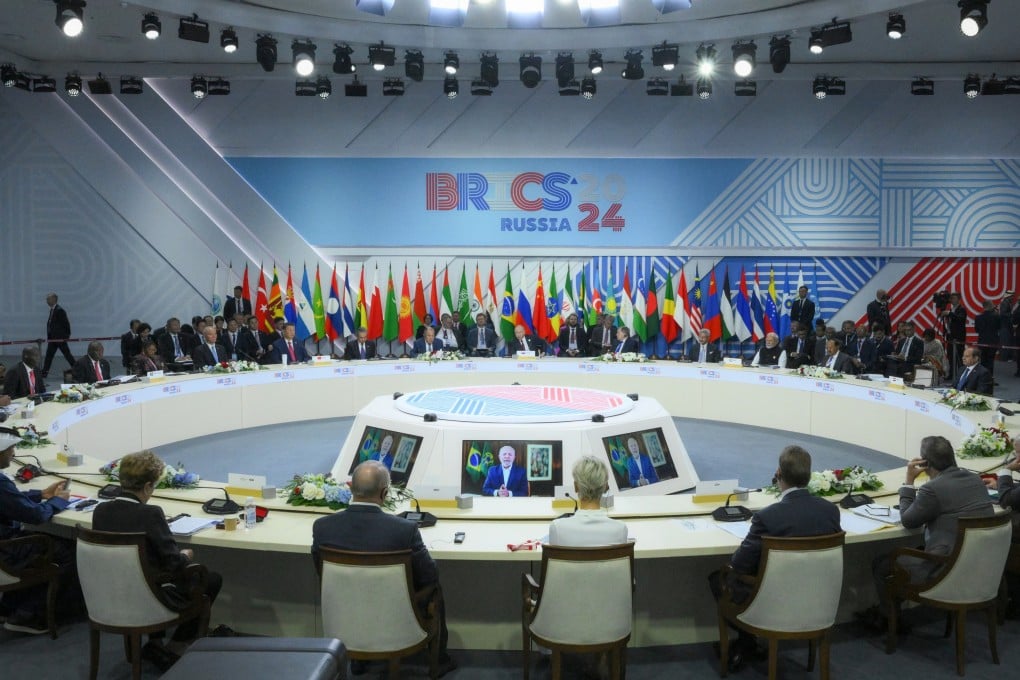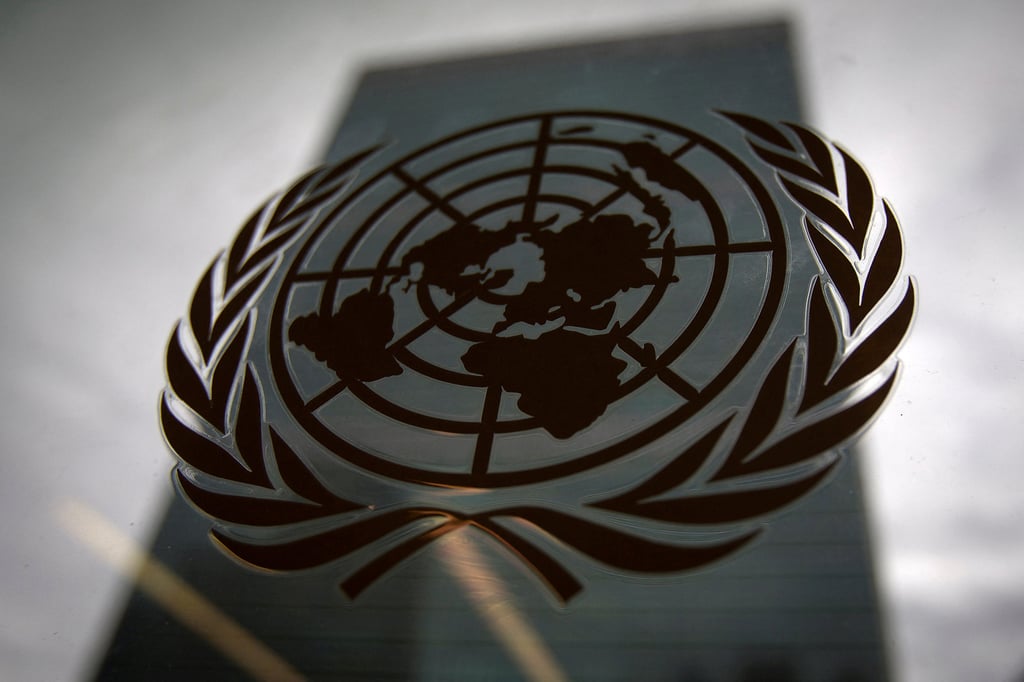Advertisement
‘The race is on’: Brics ramps up its challenge to the Western-led world order
The growing bloc, which seeks alternatives to Western-led institutions, is being leveraged by Beijing and Moscow to forge a multipolar world
Reading Time:8 minutes
Why you can trust SCMP
14

In a world increasingly defined by its fractures, this week’s gathering of emerging nations in Russia came at a pivotal time in global geopolitics.
Advertisement
As the Brics bloc – now expanded to include nine countries – seeks to redefine the rules of engagement, a growing chorus of developing nations have voiced their eagerness to join, raising questions about global security and the quest for a more equitable world order.
The allure of Brics, which originally comprised Brazil, Russia, India, China and South Africa, lies not just in its economic potential but in its challenge to the Western-dominated status quo.
At the summit from Tuesday to Thursday, the bloc also welcomed Egypt, Ethiopia, Iran and the United Arab Emirates as member states for the first time. Saudi Arabia has yet to officially join, but is closely involved with the group, while a host of other countries including Indonesia, Malaysia, Sri Lanka and Myanmar have formally submitted, or are considering, applications for membership.
Analysts caution that the West, and the United States in particular, should not attempt to dissuade nations from joining the bloc. Instead, they argue, a more constructive approach would involve addressing the grievances that have driven these countries towards a “search for alternatives”.

Any attempt to sway nations away from Brics is likely to backfire, according to Sarang Shidore, director of the Global South programme at the Quincy Institute, a Washington-based think tank.
Advertisement

Advertisement